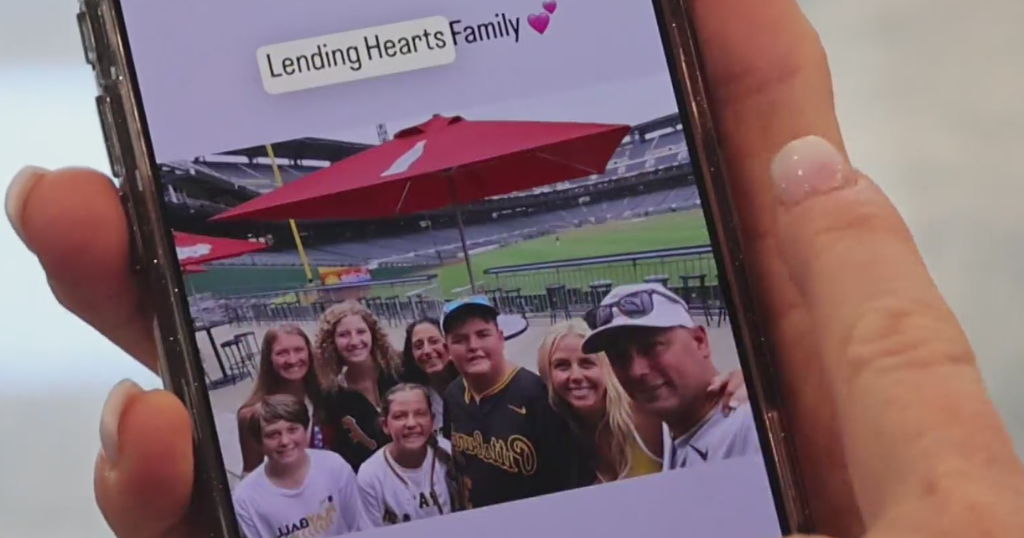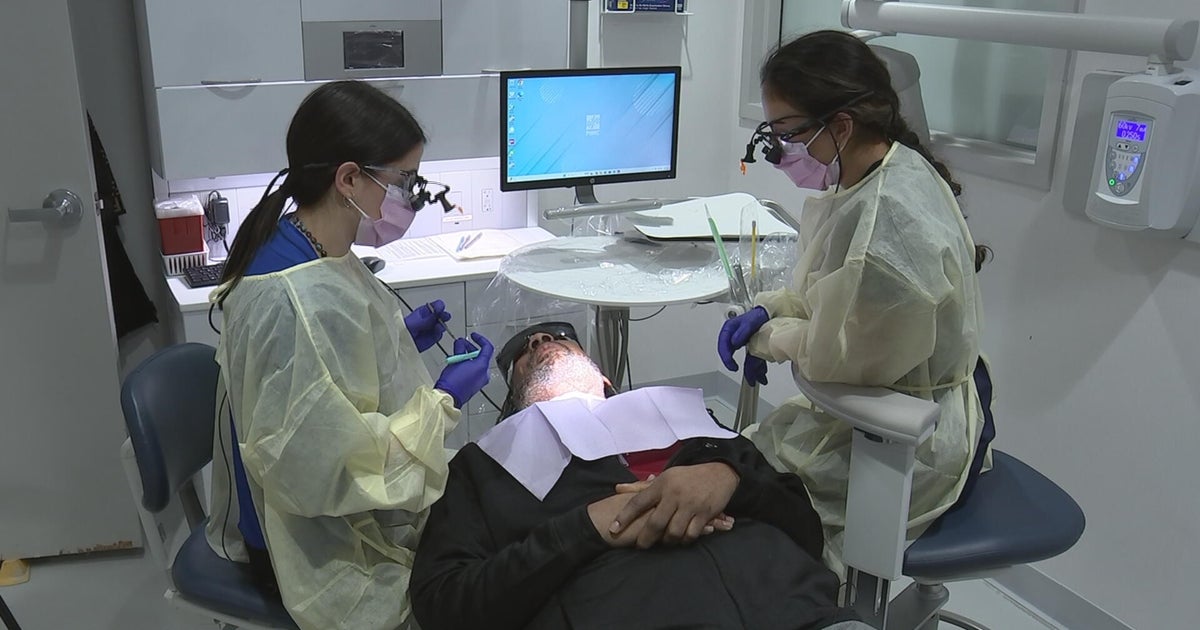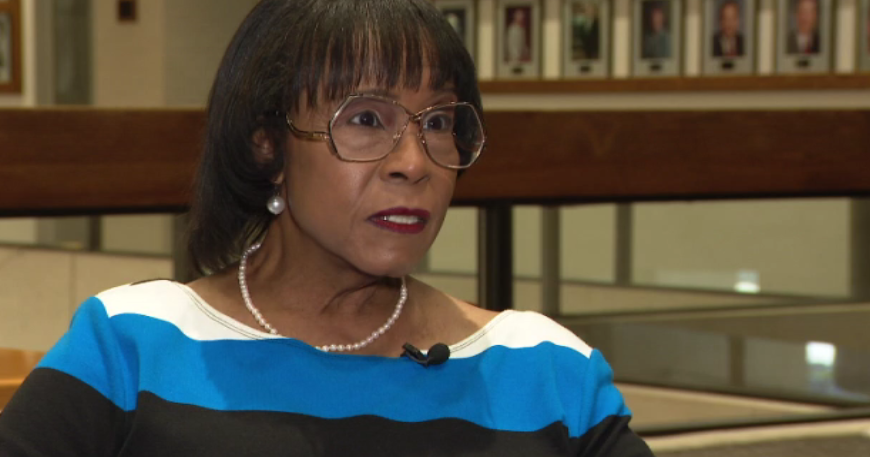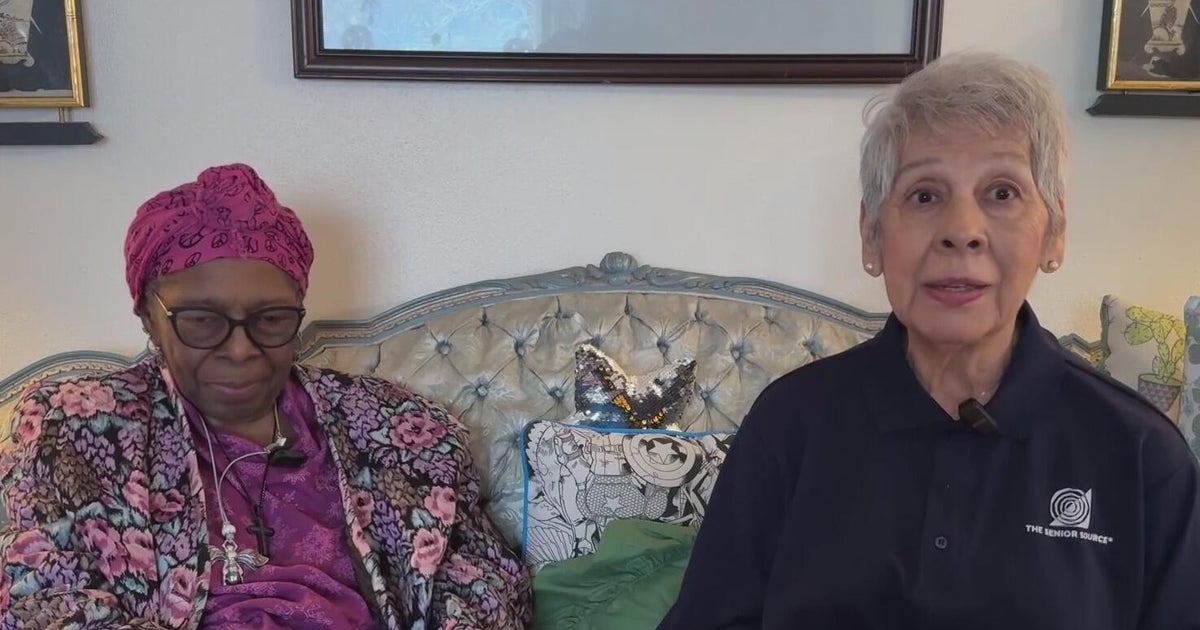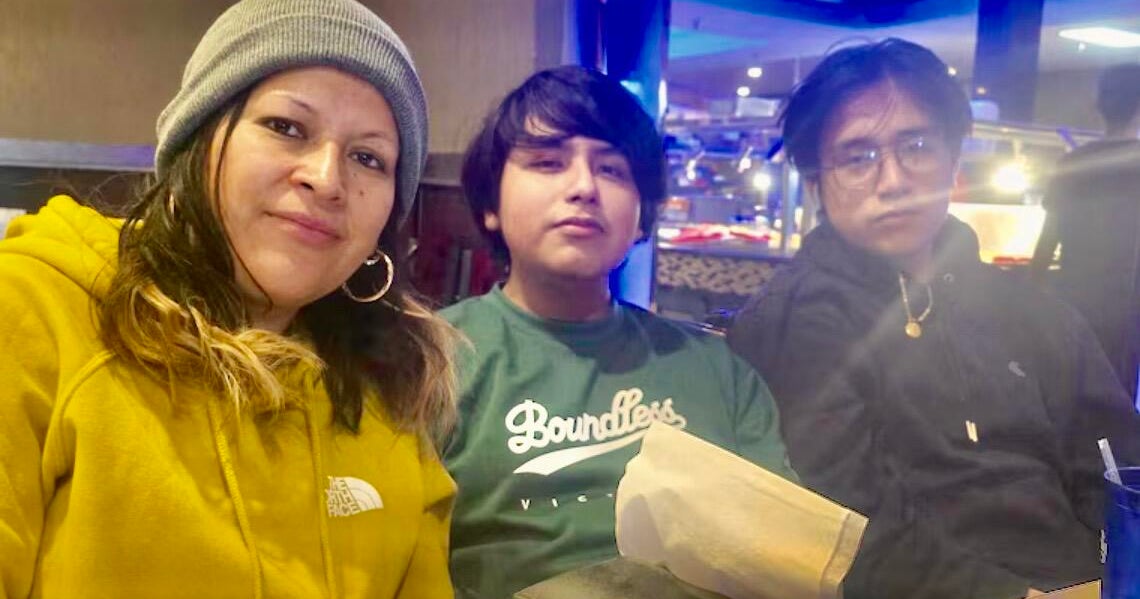Doctors At Mayo Clinic Using Viruses To Fight Cancer
ROCHESTER, Minn. (WCCO) -- Doctors at Mayo Clinic are using deadly viruses to fight a deadly disease.
Just last month, the Food and Drug Administration gave breakthrough status to a cancer therapy that uses the polio virus to combat brain tumors.
In October, the agency approved the first virotherapy product for melanoma patients.
"I'm glad that I actually get to participate in the front part of it to see if it's going to work," Rene Maleski said.
Maleski was diagnosed with stage three ovarian cancer in January of 2014.
The mother of five went through surgery and 18 rounds of chemotherapy that following March.
"I was doing really well until November of 2015 and the cancer came back," Maleski said.
Doctors at the Mayo Clinic approved Maleski for a cancer treatment unlike any other.
"We do have one of the oldest programs, not just in this country, but in the world," Dr. Eva Galanis said.
Galanis leads the Mayo's virus therapy program, which started in 1994. It uses a number of viruses to attack cancer cells.
In one clinical trial, doctors are using the measles virus to attack ovarian cancer.
"Your first thought is, 'Am I going to get measles?' but at the end, if you have cancer who cares if you have measles?" Maleski said.
Doctors take a virus and genetically modify it by inserting another piece of genetic material.
This allows them to monitor the virus through the body and increase the therapeutic effect.
"Cells, like a Trojan horse, can carry the virus to where the tumor is," Galanis said.
Galanis said the virus increases the immune response against the tumor when it replicates in cancer cells.
The hope is that the tumor is wiped out completely.
And with enough success stories, doctors hope more of these treatments will be approved by the FDA.
"I am convinced that a lot of steps have been made in this direction," Galanis said, "and in five years from now we're going to have not just one but many more viral therapy products approved for cancer treatment."
As for Maleski, she's still being monitored by her doctor, but feels the support from her family and friends.
"I wouldn't recommend having cancer," she said, "but there's ways to get through it."
